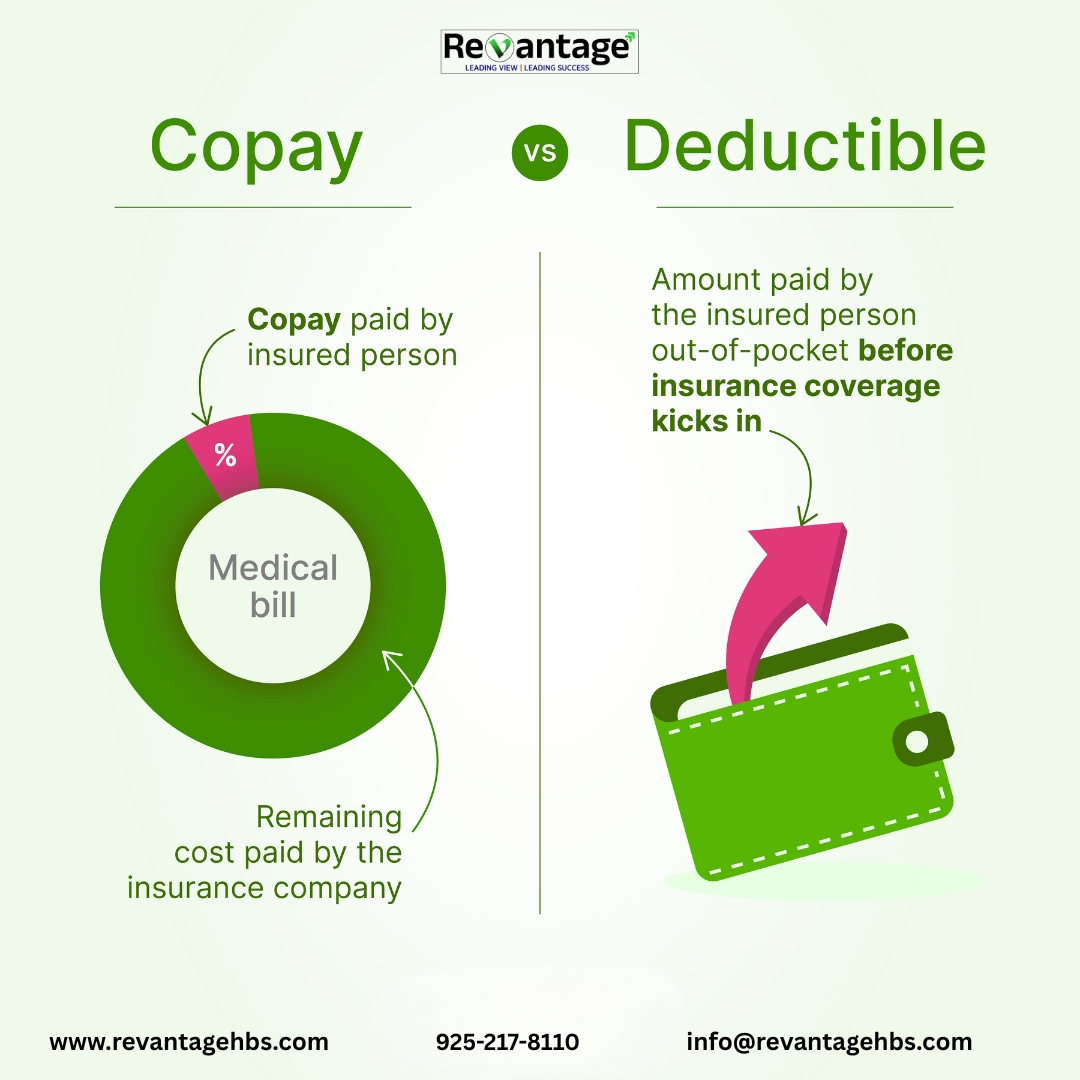CMS Updates on Skin Substitutes for 2025
Now, these products are known as Cellular and/or Tissue Based Products (CTPs). They have been updated and are part of the Tissue Engineering Products category. The CMS is updating policies for all healthcare services in phases. Here’s what you need to know.
1. Nationwide Local Coverage Determinations (LCDs)
Medicare contractors estimate that new policies will start on February 11, 2025.
They will replace vague comments like “Failure to respond” with clear goals, such as “50% ulcer area reduction.”
They will also increase application limits from 4 to 8. The duration range will extend from 12 to 16 weeks.
Additionally, they will provide guidelines for vascular assessment and list contraindications for appropriate therapies.
2. Modifier Requirements
The Centers for Medicare Services has updated the billing modifier requirements for clarity.
KX Modifier: Used for more than four applications during treatment.
JW Modifier: Records parts of products that were bought but not used, like single-use products.
JZ Modifier: Confirms that no waste happened during the procedure.
3. High-Cost vs Low-Cost Classification
CTPs are classified as high-cost or low-cost for payment reasons. High-cost products use CPT codes 15271–15278. Low-cost products use HCPCS codes C5271–C5278. These classifications help ensure proper payment under the Physician Fee Schedule (PFS) and the Outpatient Prospective Payment System (OPPS).
How Revantage Healthcare make Wound Care Billing Easy
Wound care billing can be tough, but Revantage Healthcare makes it easy. We provide a complete solution for your billing needs. From claim submissions to compliance, we help you focus on your patients. Wound care billing can be complicated, which is why we work hard to simplify it for you. We handle every part of your billing cycle. This includes submitting claims and ensuring compliance, so you can concentrate on caring for your patients.
Services Include:
Accurate Billing and Coding: Ensuring correct documentation and use of modifiers like -KX,
JW, and JZ.
∙Compliance Expertise: Staying updated on CMS policies, including LCDs and HCPCS
classifications.
∙Comprehensive Documentation Support: From wound measurements to justification for
repeated applications.
∙Streamlined Claim Submissions: Managing appeals and follow-ups for timely
reimbursements.






